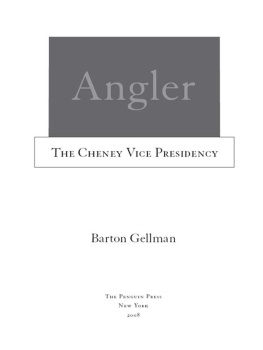Arthur Cheney Train - Courts, Criminals and the Camorra
Here you can read online Arthur Cheney Train - Courts, Criminals and the Camorra full text of the book (entire story) in english for free. Download pdf and epub, get meaning, cover and reviews about this ebook. year: 2021, publisher: Independently published, genre: Detective and thriller. Description of the work, (preface) as well as reviews are available. Best literature library LitArk.com created for fans of good reading and offers a wide selection of genres:
Romance novel
Science fiction
Adventure
Detective
Science
History
Home and family
Prose
Art
Politics
Computer
Non-fiction
Religion
Business
Children
Humor
Choose a favorite category and find really read worthwhile books. Enjoy immersion in the world of imagination, feel the emotions of the characters or learn something new for yourself, make an fascinating discovery.

- Book:Courts, Criminals and the Camorra
- Author:
- Publisher:Independently published
- Genre:
- Year:2021
- Rating:3 / 5
- Favourites:Add to favourites
- Your mark:
- 60
- 1
- 2
- 3
- 4
- 5
Courts, Criminals and the Camorra: summary, description and annotation
We offer to read an annotation, description, summary or preface (depends on what the author of the book "Courts, Criminals and the Camorra" wrote himself). If you haven't found the necessary information about the book — write in the comments, we will try to find it.
Courts, Criminals and the Camorra — read online for free the complete book (whole text) full work
Below is the text of the book, divided by pages. System saving the place of the last page read, allows you to conveniently read the book "Courts, Criminals and the Camorra" online for free, without having to search again every time where you left off. Put a bookmark, and you can go to the page where you finished reading at any time.
Font size:
Interval:
Bookmark:

| Note: | Images of the original pages are available through Internet Archive. See https://archive.org/details/courtscriminalst00trairich |
| BOOKS BY ARTHUR TRAIN | |
| Courts, Criminals, and the Camorra | net$1.50 |
| The Confessions of Artemas Quibble. Illustrated | net$1.30 |
| The Butlers Story. Illustrated | $1.25 |
| True Stories of Crime. Illustrated | $1.50 |
| McAllister and His Double. Illustrated | $1.50 |
| The Prisoner at the Bar. New and Enlarged Edition | $1.50 |
| Mortmain. Illustrated | $1.50 |
AND THE CAMORRA
AND THE CAMORRA
BY
ARTHUR TRAIN
CHARLES SCRIBNERS SONS
1912
CHARLES SCRIBNERS SONS
CHARLES ALBERT PERKINS
OF THE NEW YORK BAR
| PAGE | |
| I. | The Pleasant Fiction of the |
| Presumption of Innocence | |
| II. | Preparing a Criminal Case for Trial |
| III. | Sensationalism and Jury Trials |
| IV. | Why Do Men Kill? |
| V. | Detectives and Others |
| VI. | Detectives Who Detect |
| VII. | The Camorra in Italy |
| VIII. | An American Lawyer at Viterbo |
| IX. | The Mala Vita in America |
THE PLEASANT FICTION OF THE PRESUMPTION
OF INNOCENCE
Font size:
Interval:
Bookmark:
Similar books «Courts, Criminals and the Camorra»
Look at similar books to Courts, Criminals and the Camorra. We have selected literature similar in name and meaning in the hope of providing readers with more options to find new, interesting, not yet read works.
Discussion, reviews of the book Courts, Criminals and the Camorra and just readers' own opinions. Leave your comments, write what you think about the work, its meaning or the main characters. Specify what exactly you liked and what you didn't like, and why you think so.








